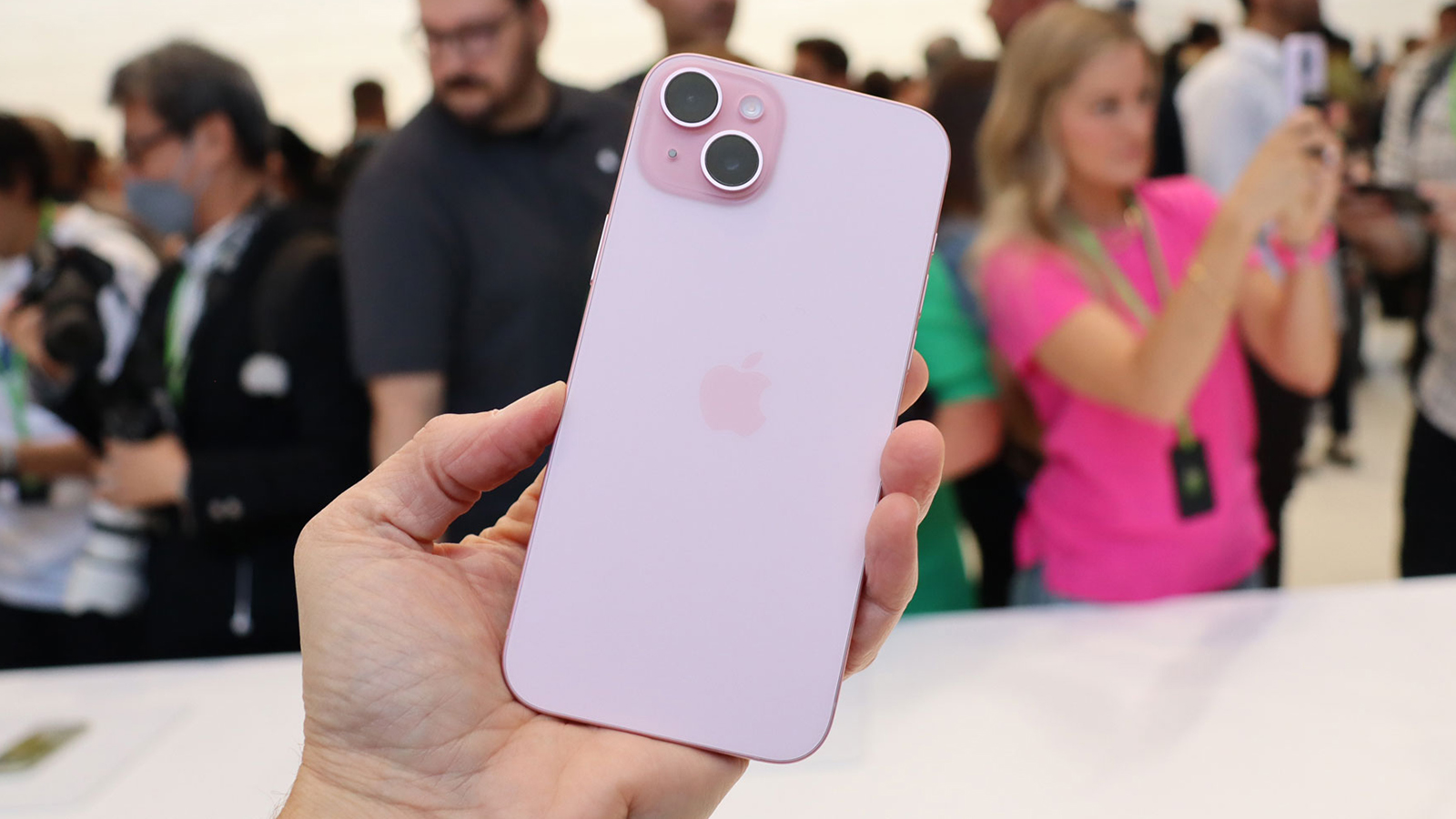Forget Apple Silicon, Apple could be making its own batteries for your next iPhone
2025 iPhones could come with all-new battery tech

Sign up for breaking news, reviews, opinion, top tech deals, and more.
You are now subscribed
Your newsletter sign-up was successful
Phone batteries could be in Apple’s sights for its next bit of in-house developed hardware, which may lead to iPhones with significantly boosted battery life.
That’s according to a report by Korean publication ET News (via Revegnus on X), which cites industry sources and claims Apple is aiming to design its own batteries ready for products by 2025. With that in mind, don’t expect to see such batteries pop up in the iPhone 16, but come the iPhone 17 we could see Apple have its own in-house batteries ready for its flagship phones.
Equally, such batteries could also find their way into future iPads and MacBooks. But ET News notes that the main target of this move is mobile devices.
Apple is reportedly involved in the whole development process, including looking at the materials that make up the battery, such as anode and cathode material and the use of carbon nanotubes as a conductive material to improve battery material performance. Apparently, Apple will look to provide innovation in materials to develop a battery that has never reached commercial use world-wide.
In short, Apple could pull the same move it did with its Apple Silicon initiative, which saw the creation of in-house Mac and iPad chips with impressively high performance, and create batteries that leapfrog current ones in terms of capacity, charging and efficiency.
Taking charge
One of the reasons iPhone tend to be fixtures on our best phones lists is that Apple has a tight grip over pretty much all of its smartphone development, from in-house chips to locked-down software and a very curated app store.
This tends to mean that while iPhones aren’t as flexible in terms of customization as some of the best Android phones, they do tend to be slicker to use, often more efficient and can do more with less – iPhones tend to have less RAM than their Android rivals but are rarely beaten on performance.
Sign up for breaking news, reviews, opinion, top tech deals, and more.
So by taking control of the development of iPhone batteries, Apple could have even more granular input over the end-to-end development of future iPhones.
And going by previous form, this could lead to iPhones that not only last longer on a single charge, but charge faster and more efficiently, and potentially have a longer battery lifetime if Apple can make some headway in tackling how Lithium-ion batteries degrade over time. As such, 2025 could be the year Apple kickstarts a battery evolution.
You might also like
Roland Moore-Colyer is Managing Editor at TechRadar with a focus on phones and tablets, but a general interest in all things tech, especially those with a good story behind them. He can also be found writing about games, computers, and cars when the occasion arrives, and supports with the day-to-day running of TechRadar. When not at his desk Roland can be found wandering around London, often with a look of curiosity on his face and a nose for food markets.